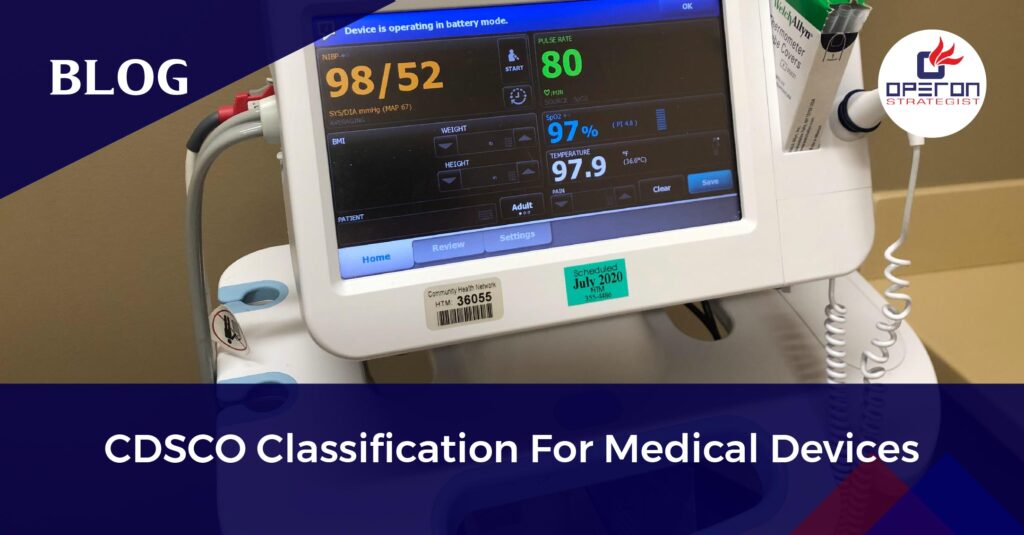If India’s drug regulatory authority’s plan bears fruition, users will soon be able to report injuries and other problems caused by medical devices through a mobile app. The app will also list safety information and notify users if a particular product has been recalled.
The move comes in the backdrop of investigations by an 11-member committee into faulty hip implants sold by multinational pharmaceutical company Johnson and Johnson (J&J). To safeguard the interests of users reliant on medical devices, the panel had sounded out the government over strengthening its ‘materiovigilance programme’ for enforcing quality control and monitoring standards.
CDSCO Registration Consultant For Medical Devices
When it comes to CDSCO medical device license process, Operon strategist makes the lengthy process easy and smooth with the best technical team working for you, along with excellent assistance, timely responses and affordable fees structure.
The Drugs Controller General of India (DCGI), S. Eswara Reddy, told Mint that the regulator is of the opinion that the benefit-risk assessment of medical products can be tracked by letting users post feedback on the efficacy and potential side effects of such devices.
The expert committee instituted by the government to look into the issue of defective implants sold by J&J recommended that the regulator put in place an online platform for easy dissemination of information regarding products currently on the market. According to the panel’s report, this will “enable the Central Drugs Standard Control Organization (CDSCO) to take the immediate review of the situation and take remedial action well in time”.
It is believed that around 4,700 surgeries were conducted across the country using faulty hip implants manufactured by J&J. Of these, 882 patients, accounting for 1,056 implants, have been identified. The minimum compensation to be paid to aggrieved patients has been pegged at Rs 20 lakh in the seven-year-old case.
India is not the only market where articulate surface replacement (ASR) hip implants manufactured by DePuy International, a subsidiary of J&J, had caused medical complications.
By creating a mechanism for redress, patients and healthcare professionals will be able to report instances where the use of medical devices has been counterproductive. By aggregating feedback, the DCGI hopes that a culture of greater transparency can be inculcated whereby the safety of patients will not be compromised.
The committee had suggested the establishment of an independent registry under the aegis of the health ministry to track high-risk medical devices. If legal backing were to be accorded to such a body, manufacturers will be held accountable for the quality of their products. A registry will also help source performance metrics of medical devices and create an online network for users to share feedback.
In the hip-implant case, the committee tasked with bringing the manufacturer to the book, found that it was “evasive” in furnishing information regarding the design of the ASR.




